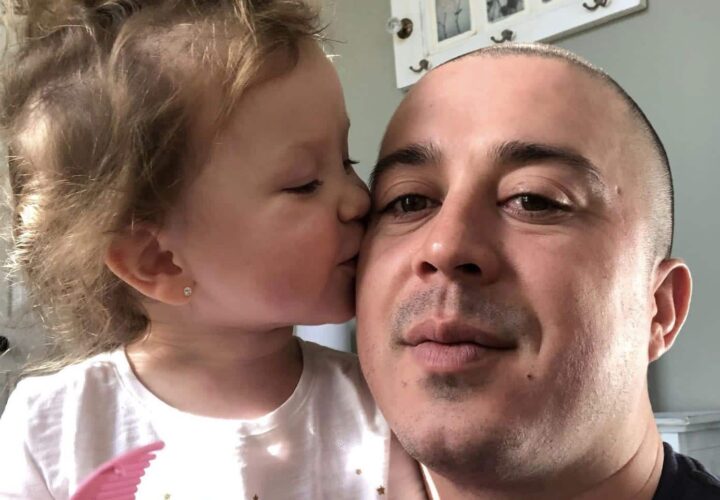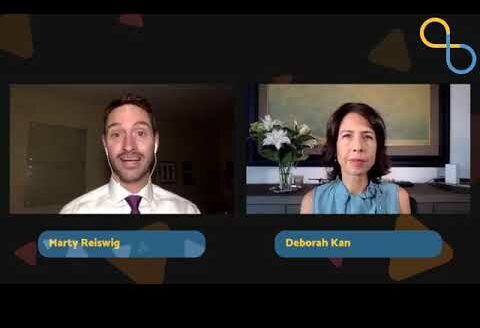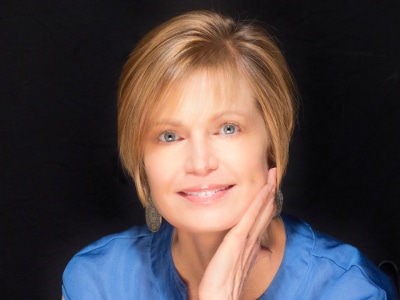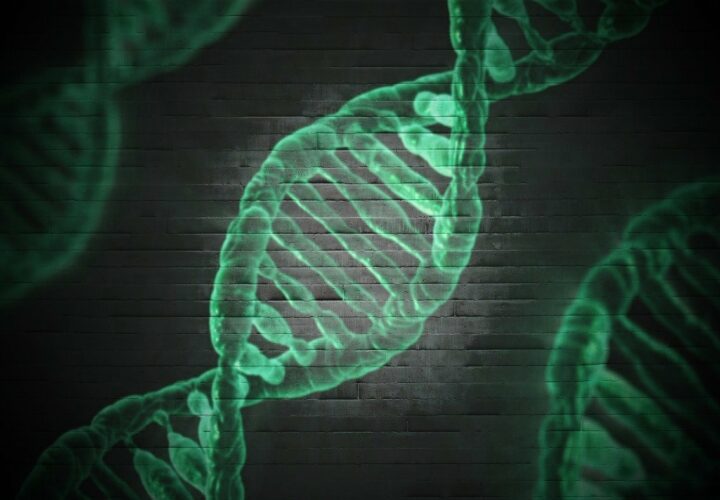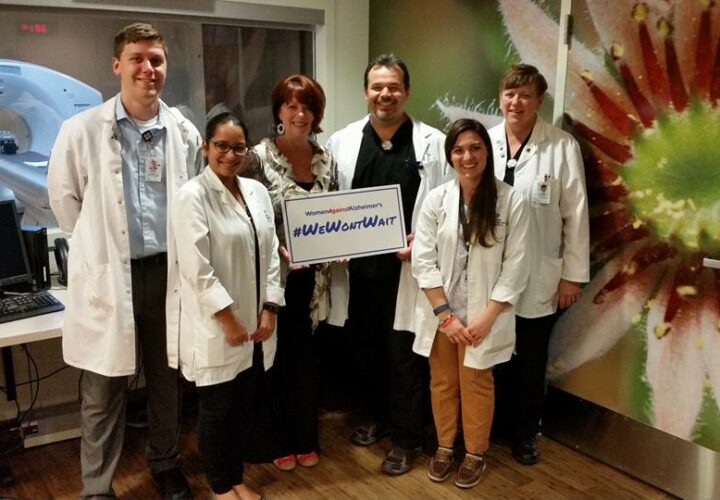Andres Martin, 34, discovered he has the Jalisco mutation—a rare genetic mutation that causes early-onset familial Alzheimer’s. Here's how it unlocked a mystery about his family's past, and set the course for their future.
This article is part of the series Diversity & Dementia, an editorially independent series produced by Being Patient with support provided by Eisai.
One day, young Andres Martin walked into a donut shop, but the donuts didn’t catch his eye — a sign about the Blue Angels, a collaborated Navy and Marine stunt crew, did. It reflected vibrant blues and yellows, aligned contrails and a man carrying a blue jet pack.
He wanted to do that, now 34-year-old Martin recalls, and this is the moment his dreams of becoming a pilot took flight.
Martin was born in Los Angeles, but his family moved to Jalisco, Mexico when he was 3. At 7 years old, his family moved back to California to give their children a better education, starting off in his uncle’s garage, then to an apartment, and finally to their own family home in Bakersfield, California back in 2001.
Martin says he lived a “quote unquote normal life,” growing up playing football as an introduction to the American lifestyle. After graduating high school in 2005, he became a first-generation college student for his family.
There is where he found his passion for aviation, but at the same time, his father’s mind began to deteriorate. The family didn’t know why, but his father was a welder and did technical work, Martin says, and it was easy to notice his decline.
“His employer was saying he was making mistakes he doesn’t normally make,” Martin said. “His determination was bright, but then it got to the point where they said it wasn’t safe for him to work and that’s kind of where things escalated.”
He passed away in 2012 of sepsis at 51 years old, and the cause was still unknown until 2017.
***
While attending college in Illinois, Martin received a full-ride scholarship from the Marine Corps, which allowed him to pursue his dream of attending Embry-Riddle Aeronautical University in Florida. After three years, he graduated with a degree in aeronautical science, which is a combination of engineering and aviation.
“Whenever you get a scholarship, it doesn’t guarantee you the job that you’re going to do as a Marine Corps Officer,” Martin said. “My dream was to be a pilot. My junior year, I requested an aviation contract, and it was selected. [Getting the contract was] probably one of the highlights of my life.”
When he returned home to Hawaii from deployment in 2016, he received an NPR article from his sister that shifted his perspective on his life almost entirely.
The article featured a family who has the Jalisco mutation, a rare form of Alzheimer’s disease that impacts families who are from Jalisco, Mexico — the closure regarding his father’s passing that Martin was looking for seemed to land right in his lap.
The symptoms described matched those of his father, Martin said, so he reached out to Dr. John Ringman, an Alzheimer’s researcher and expert on the Jalisco mutation from the University of Southern California.
Ringman told the Washington Post in a profile on Martin that Ringman and his team had found about 70 different families have the mutation, and people as young as 33 may experience symptoms, but they are more typical for people in their 40s.
“He pretty much unofficially gave me an answer, but it meant we needed to get genetically tested to get the final word,” Martin said of his conversation with Ringman. “After my move from Hawaii to California, we met with Dr Ringman and in 2017, moved forward with the genetic testing, which came back positive.”
“I just didn’t have the mental bandwidth to balance my health and my job as a pilot,” “In California I finally told my commander that I needed to make my family and the disease a priority.” They understood and fully supported my decisions to stop flying.
***
From there, in 2018 Martin was referred to the Walter Reed National Military Medical Center in Maryland by a neurologist, where he currently resides.
Martin undergoes specific treatments, such as transcranial magnetic stimulation, or TMS, that delivers magnetic pulses into the region of the brain.
“Every time it is done, my brain creates new pathways and neuroplasticity, which help preserve my brain’s integrity longer and to stay strong,” Martin said. “This is not a cure, but it would allow me to be healthy for a little while longer than average.”
Aside from TMS, Martin is also a participant in the Dominantly Inherited Alzheimer’s Network (DIAN) study, where researchers study his brain prior to the onset of Alzheimer’s symptoms and provide drug trials that will hopefully slow the progression of early Alzheimer’s disease.
“Without an ICD code for preclinical Alzheimers, it has been a long journey to be medically retired ,” he added. ICD stands for the international classification of disease, which allows the Doctors to classify different diseases and illnesses, but in Martin’s rare case, there is no ICD code yet.
“Recently, I was found unfit for duty, and I will be medically retired with temporary benefits,” he added. “My condition is only going to progress, so eventually I will become permanently retired, but right now it’s the best case scenario for me so I should be home within the next two to three months.”
While the Latino population ages at more than triple the rate of the non-Latino white population, this group’s risk of Alzheimer’s continues to increase. Often, families lack financial resources like income, retirement and pension benefits. Martin says he is lucky to have been in the military — many other families don’t have the same access to resources he does.
Martin has since devoted himself to research on his condition, and not just for his own sake, he says — he’s doing it for his daughter, who has a 50 percent chance of carrying the genetic mutation, and for other Latinos.
“A lot of the hispanic population carry this mutation live paycheck to paycheck or are here illegally, which causes barriers to participating in Medical trials or seeing a doctor. These people have to take days off work to be seen by doctors, and they may not be able to afford that” Martin said.
He believes that the more awareness there is, the more people may get involved in research, which in turn could help accelerate medical trials.
“I have been asked if I plan to have more kids knowing that they each have a 50 percent chance to carry the mutation,” he added.” I have an amazing wife and daughter, amazing friends and I got to fulfill my dream to become a naval aviator and I’m one of the few people that has done that in the world. If my mom and dad knew about this disease and didn’t have me I wouldn’t have been able [to experience any of this], my answer is yes “If my kids have to deal with this disease like I am, science has failed completely.”
